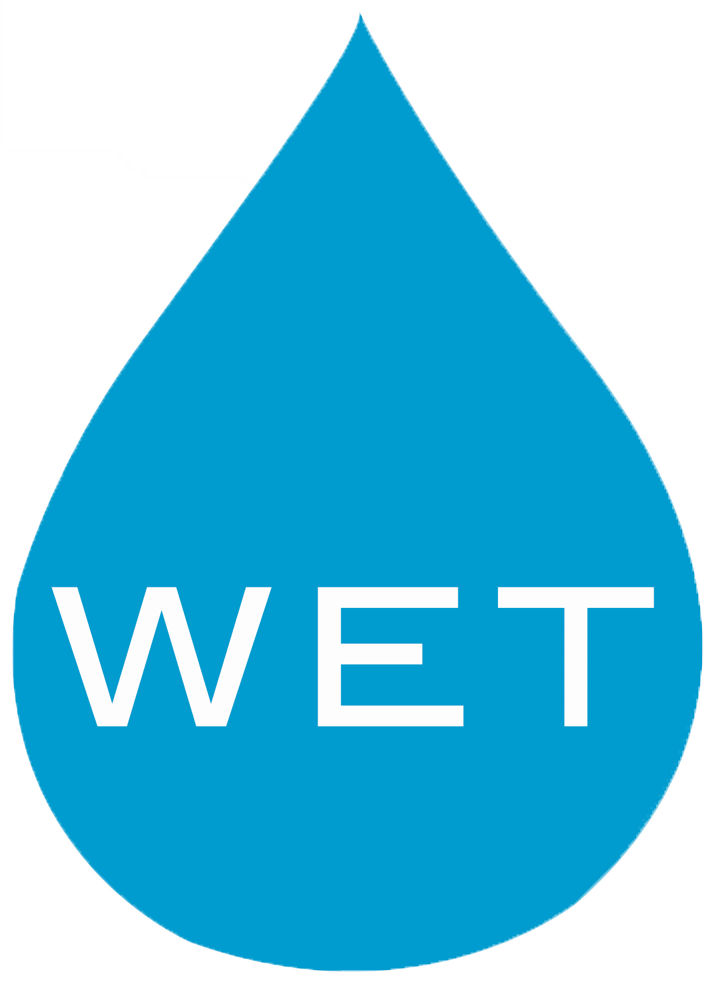The six million people in the UK claiming they use a Cannabidiol (CBD) product give a clear indication of the growing consumer demand for CBD-based consumables.
This growth is evident from the increasing number of CBD oils, snacks and beverages that are hitting our shelves on a regular basis. However, experts predict that a combination of CBD and alkaline water will provide superior tasting and better performing products, with a longer shelf life.
CBD is a chemical compound derived from the cannabis plant and was first discovered in 1940. It is a naturally occurring substance, which many studies have shown to be safe and non-addictive when consumed. As a result, CBD, as an active ingredient, is now making its way into a range of products such as oils and edibles; and due to its perceived health and medicinal benefits, CBD is increasingly being promoted as a wellness product in both foods and beverages. Its popularity is certainly growing.
Diving into the UK market
The Centre for Medicinal Cannabis (CMC) recently released a new report following one of the most comprehensive reviews ever undertaken of the UK CBD market.
Its research estimates that the CBD market is currently one of the fastest-growing well-being product categories in the UK, and at its current double-digit growth rate will be worth almost £1 billion per annum by 2025; that is the equivalent of the entire UK herbal supplement market as it currently stands.
The size of the UK purchasing market estimates that 1.3 million consumers, the majority of whom are women, are currently spending over £300mn per year on CBD products. For comparison, the CBD market is larger than the total UK Vitamin D (£145mn) and Vitamin C markets (£119mn) combined.
The press and recent legalisation, particularly in the US, have brought CBD to the public’s attention while increasing demand for new and innovative products. For those curious to try CBD, beverages are seen as one of the more accessible ways to consume the cannabinoid product, with such drinks as bottled water, soft drinks, coffee and tea proving most popular.
While the category is still in its infancy, and despite fragmented regulation, it is fast becoming a major wellness trend in the market.
A culture shift
Aside from the growing economic impact of CBD usage, the CMC’s research also highlighted tangible cultural and behavioural insights; for example, 11 percent of the UK population admitted to having consumed a CBD product in the last 12 months. User rates were seen to be higher in the under-55 age groups, ranging from 15 percent of 25 to 34-year-olds, seven percent of 55 to 64-year-olds, and eight percent of those aged 65 and over.
When it comes to selection, consumers prioritise quality and purity of the product. Specifically, this includes knowing that the CBD product was made by a supplier that met recognised high standards (32 percent) and being confident that the contents were not contaminated with pesticides or heavy metals (25 percent). Being confident that a CBD product was 100 percent legal was only important for 14 percent of respondents.
A change in perception
The growth of the legal cannabis industry has opened doors to many new product innovations, particularly in beverages, and this acceleration shows no signs of slowing. According to Zenith Global, the CAGR forecast for 2018-2023 volume sales is 75 percent, with 5.2mn litres of CBD drinks consumed in the US last year alone.
Although CBD is being included in alcoholic drinks such as low-ABV beer, the ongoing decline in alcohol consumption, especially amongst Generation X, has seen new CBD categories open up across a range of drinks, with each poised to be a high growth market for the beverage sector.
Combining CBD with alkaline water
One of the key success indicators for the sector is the delivery mechanism for CBD and this is currently a real issue for beverage manufacturers in terms of consumer transparency.
In the global CBD beverage market, experts suggest that while consumers are purchasing CBD water products that, for example, state inclusion of 2mg of CBD, the reality is that when combined with other ingredients in the drink, and with exposure to sunlight and temperature variations over the product’s shelf life, the actual stated strength level can degrade to as little as 0.2mg. This drastically alters the effectiveness of the CBD compound.
However, initial research has shown that when combined with a high pH alkaline water, not only does the CBD water deliver the anticipated benefits of higher hydration levels and increased mineral consumption, but it also effectively safeguards the active CBD to produce a far more effective solution.
WET Group, which creates pure high alkaline water solutions, is currently working to develop its own patented CBD water drink to satisfy the growing appetite for CBD products. This combination of CBD could significantly prolong shelf life, delivering a product that is more viable and valuable for retailers.
The addition of new flavourings and tastes will form an essential part of the portfolio. Here, the addition of alkaline water will mean that beverage manufacturers are able to deliver a flavoured CBD drink that does not require sugars or sweeteners; a key priority as consumers become increasingly ingredient savvy.
With a series of consumer trials about to be undertaken, the company is on track to deliver to market the very first flavoured water drink with active CBD in a variety of amounts. The trials, which will take place at every stage of the product development process, aim to explore the taste, look and feel – even the packaging – all of which can directly impact how consumers perceive quality and the appeal of the product.
Now gaining mainstream acceptance, the backing of authoritative medical expertise and the interest of commercial operations, CBD products – and beverage solutions in particular – look to have a healthy future.

